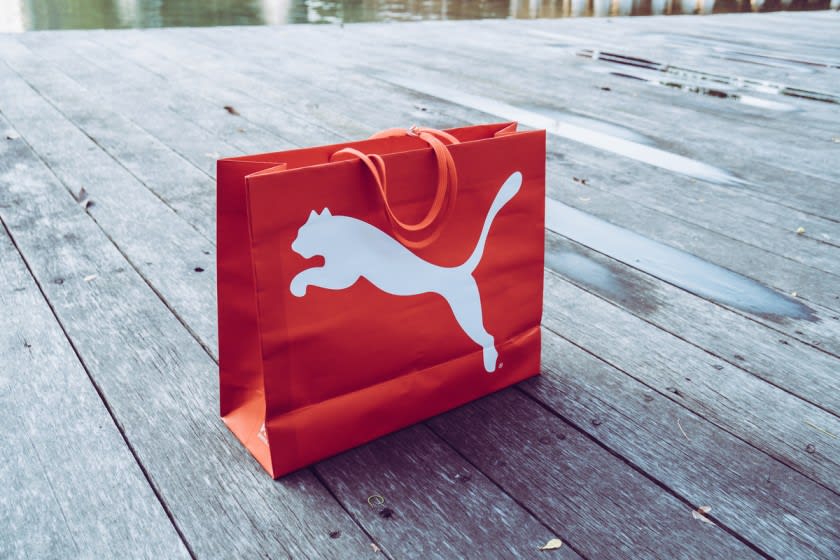What Role Can Fashion Psychology Play In Understanding Consumer Behavior?



Fashion is, in a literal sense, about what is on the outside. Fashion is skin deep: it deals with enhancing the external aspects of a person’s appearance. But fashion is also more than skin deep. Our sense of fashion is an expression of our self-identity: a form of communication and expression in other words. This is why fashion psychology is so important for brands and manufacturers. It is the key to analyzing consumer behavior as well as understanding purchase decisions.
Fashion psychology is “the study of the human mind and behavior” as it applies to fashion. The American psychologist Henry James is believed to have first studied fashion from a psychological standpoint during the 19th century. Major areas of study in fashion psychology include how individuals perceive each other as well as how they construct their own identity/personality.
Fashion psychology tries to understand how we construct our identity or personality using fashion. It also analyzes how people perceive or judge each other’s styles.
From the Mouth Of the Horse
Shakaila Forbes-Bell, founder of Fashion Is Psychology (FiP), is a prominent voice in this field. According to Forbes-Bell: “[people] wear clothes to help them navigate different situations.” Motivations for wearing clothes vary widely. Some people, for example, wear uniforms to embody their profession. Others wear clothes to “help them feel more confident, happier, or even more comfortable.”

Regardless of motive, people often make fashion decisions without much thought. According to Forbes-Bell, when it comes to consumer choice, “that kind of decision and that motivation is operating below levels of consciousness.” The choices - or even rejections for that matter - a consumer makes are often subconscious. This is why Forbes-Bell’s research is in great demand among fashion brands.
Forbes-Bell helps companies create better customer experiences using established principles of fashion psychology. Her process is two-fold. Firstly, Forbes-Bell aggregates data on consumer behaviors and analyzes consumer patterns and trends. Secondly, she identifies consumer buying phenomena as well as the subconscious motivations behind purchases or rejections.
The inferences drawn from the data become powerful tools in the hands of marketers. Brands need to understand the factors that motivate their consumers (e.g., specific age demographics) to become loyal to their products. Brands also need to predict the shelf life of a product in order to make production decisions. Fashion Psychology proves helpful here because it examines fashion trends and cyclical changes over time.
Learnings So Far...
Fashion psychologists have mapped the various factors behind consumer motivations. Some desire to express their creativity and uniqueness through their sartorial expressions. Others want to be a part of the bandwagon. Fashion brands must understand these diverse factors and cater to consumers accordingly. One promising avenue of exploration is customized or personalized products.

In recent times, fashion psychology has shifted focus beyond clothing. Brands are encouraged to consider the forces that drive consumption in a variety of industries. Newest applications of fashion psychology has invaded the realms of home furnishings, cosmetics and automobiles.
Regardless of the industry, consumer mindsets and motivations remain similar, and Fashion Psychology is the tool that helps brands to tap into that information.



















